‘Sexual assault victims’ wellbeing mustn’t be subordinate to public interest’
Your digest of analysis from the British and international press
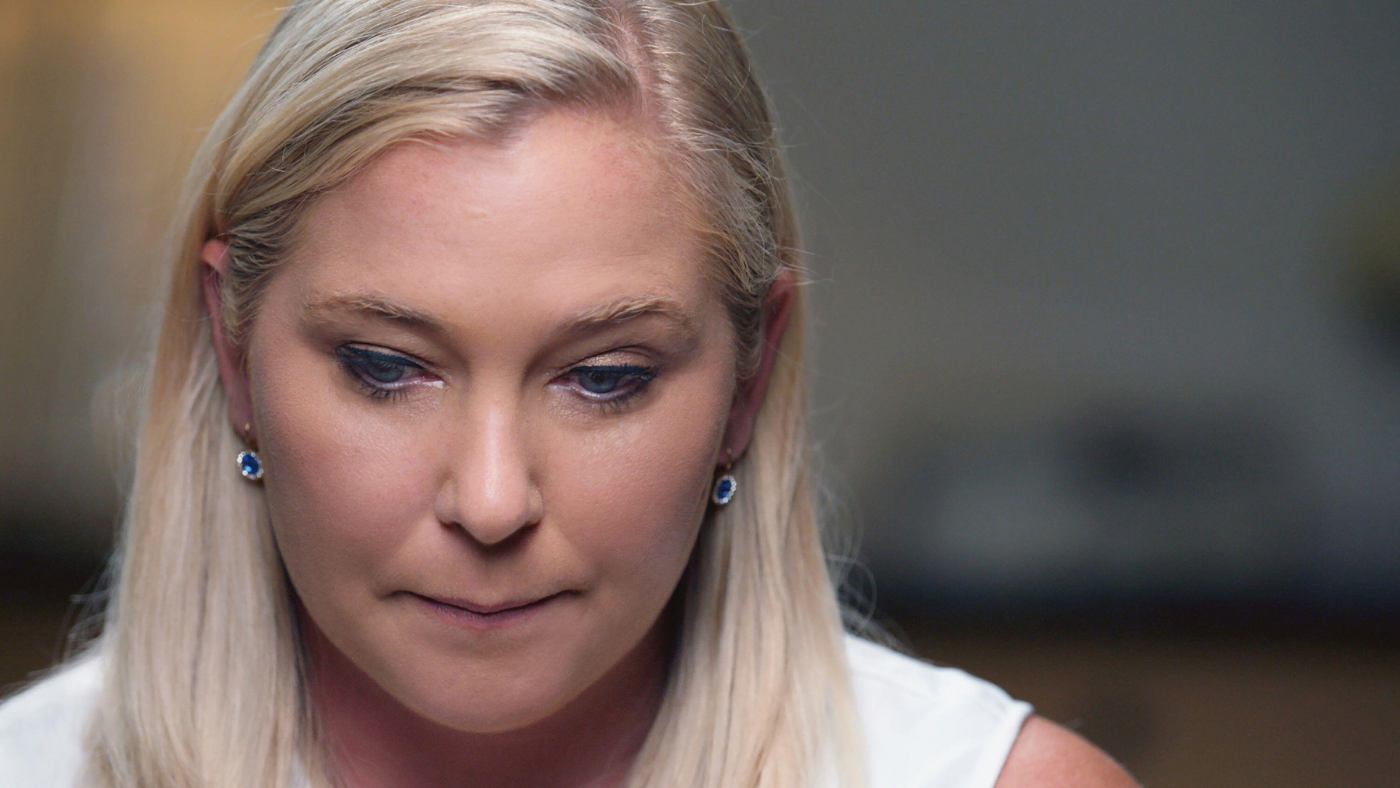
- 1. The Prince and the survivor: our right to all the facts does not trump Virginia Giuffre’s wellbeing
- 2. There’s no solidarity in ‘sovereign citizen’ protests – only incoherent rage
- 3. Joining a union is vital for workers feeling cost-of-living pinch
- 4. Twenty years of Putin and the West still fails to understand him
- 5. Price of love too high to pay in online fraud
A free daily email with the biggest news stories of the day – and the best features from TheWeek.com
You are now subscribed
Your newsletter sign-up was successful
1. The Prince and the survivor: our right to all the facts does not trump Virginia Giuffre’s wellbeing
Amanda Morgan and Lydia Jupp in The Sydney Morning Herald
on personal protection
The settlement between Virginia Giuffre and Prince Andrew “has drawn criticism from commentators and casual observers”, say Amanda Morgan and Lydia Jupp in The Sydney Morning Herald. Many “seem surprised by such a rapid turnaround in the case”. It seems the Prince was due to be deposed by Giuffre’s lawyers in the coming weeks, “so he pulled the trigger by necessity”. And though “it may have been cathartic to see Prince Andrew raked across the coals, for all the world to see, it’s easy to forget that Giuffre would have received the same treatment”. The pair say that “the survivor’s interest – her safety and wellbeing – must not be subordinate to public interest”, and “the legal system was not created to serve survivors of sexual violence”. “It requires a huge amount of courage to report a sexual assault, let alone to face the courts”, and those who do pursue justice before a jury “are subject to intense scrutiny, gaslighting and re-traumatisation” from defence laywers. None of us “should ever expect” a survivor should have to pay the price so the public has “all the facts for the sake of the truth”. Giuffre “deserves praise for speaking out”.
The Week
Escape your echo chamber. Get the facts behind the news, plus analysis from multiple perspectives.

Sign up for The Week's Free Newsletters
From our morning news briefing to a weekly Good News Newsletter, get the best of The Week delivered directly to your inbox.
From our morning news briefing to a weekly Good News Newsletter, get the best of The Week delivered directly to your inbox.
2. There’s no solidarity in ‘sovereign citizen’ protests – only incoherent rage
George Monbiot in The Guardian
on surges in sovereignty
When Alpha Men Assemble started paramilitary drills at the start of the year, “it looked pretty threatening”, says George Monbiot in The Guardian. “We were warned” that the group was “about to launch an insurrection against vaccines and in favour of ‘the sovereign citizen’. Since then, silence.” This was one example of “the incoherent protests now sweeping rich, English-speaking nations […] gatherings whose aims are simultaneously petty and grandiose. Their immediate objectives are small and often risible”, the underlying aims “open-ended, massive and impossible to fulfil”. The “‘sovereign citizen’ theory is a powerful current running through” protests in Ottawa, Australia, New Zealand and the US, as well as the UK’s own. “Its adherents insist they stand above the law” and “arrogate to themselves sovereign powers that not even the monarch enjoys”. What’s behind “the appeal of this movement”, asks Monbiot. Support for individual sovereignty appears to “surge in hard times”, and this writer suspects it’s “about more than money”. Capitalism promises “one day we will all be alphas – just not yet”. These movements “tend to be infested with racism and white supremacy”, and some of the Ottawa organisers “have a history of attacks on trade unions”. It seems “sovereignty and solidarity are not compatible”.
A free daily email with the biggest news stories of the day – and the best features from TheWeek.com
3. Joining a union is vital for workers feeling cost-of-living pinch
Angela Rayner in the Daily Mirror
on empowering employees
Britain is facing “a serious issue”, says Angela Rayner in the Daily Mirror. The deputy Labour leader says she hears “almost daily” from constituents in Ashton-under-Lyne “how seriously they are feeling the pinch” of the rising cost of living. “From care workers to young city types, from nurses to supermarket staff”, pay packets “are just not stretching far enough”. Trade unions “exist to collectively empower workers”, and the Labour Party’s links with unions are “more relevant than ever in these precarious times”, when “people need decent pay to keep afloat, flexibility to manage their family life, and the confidence to challenge inequality”. The UK has experienced a “wasted decade of low growth in our economy under the Conservatives”, but “despite the barriers” the party has “put in the way, good employers and businesses already work closely with trade unions because they care about their workers”. Labour’s New Deal for Working People promises “security at work, prosperity in decent pay, and all workers treated with respect”, starting with a trade union in “almost every workplace”.
4. Twenty years of Putin and the West still fails to understand him
Mary Dejevsky in The Independent
on miscommunications
Vladimir Putin “has been at the helm of Russia for more than 20 years” and yet “much of the Western world seems to find him as hard to read now as they did” when he became prime minister back in 1999, says Mary Dejevsky in The Independent. “Time and again the West has been surprised, wrong-footed or just generally appalled by something that Putin has supposedly said or done”, and the crisis in Ukraine “is just the latest, if perhaps the gravest, example”. Why does the West find it “so difficult to deal” with Putin?, asks Dejevsky. Over the years there has been “an almost perverse reluctance” from many in the West “to actually listen to what Putin and his officials have to say”. While “it is wise to prepare for the worst”, Putin has consistently denied an invasion into Ukraine is planned, “and not to heed or even mention these quite definite denials paints” him “as an out-and-out warmonger”. If there’s a “‘pattern of behaviour’, it is the West’s automatic resort to blaming the Kremlin for everything that happens inside and outside Russia”, she adds.
5. Price of love too high to pay in online fraud
South China Morning Post Editorial
on love scams
For some, online dating is “difficult enough” – and that’s before “having to worry about financial fraud”, says the South China Morning Post. “Fertile grounds abound for scammers” at present, and Hong Kong police have seen a rise in the amount of money being lost through such schemes during the pandemic. The figures are “probably far higher” than the reported HK$599M (£56.6m) “as victims usually experience shame and stigma, so are reluctant to inform authorities”. People dreaming “of meeting the perfect partner can easily be swayed by the online tactics of a skilful fraudster”, which include “an attractive profile” and “carefully worded messages of affection” before “requests to transfer funds” are made. It’s “too easy” to blame victims for succumbing to these scams, the newspaper continues. “Studies show vulnerability is not static and can change with personal circumstances, such as the end of a relationship, retirement or work stress”. And “it does not help that Hong Kong is gripped by a fast-spreading fifth wave” of Covid-19. “For the alert, the advice is simple: background-check a potential online suitor, take the relationship into the real world as soon as possible […] and never give cash if it has to be borrowed”.
-
 The ‘ravenous’ demand for Cornish minerals
The ‘ravenous’ demand for Cornish mineralsUnder the Radar Growing need for critical minerals to power tech has intensified ‘appetite’ for lithium, which could be a ‘huge boon’ for local economy
-
 Why are election experts taking Trump’s midterm threats seriously?
Why are election experts taking Trump’s midterm threats seriously?IN THE SPOTLIGHT As the president muses about polling place deployments and a centralized electoral system aimed at one-party control, lawmakers are taking this administration at its word
-
 ‘Restaurateurs have become millionaires’
‘Restaurateurs have become millionaires’Instant Opinion Opinion, comment and editorials of the day
-
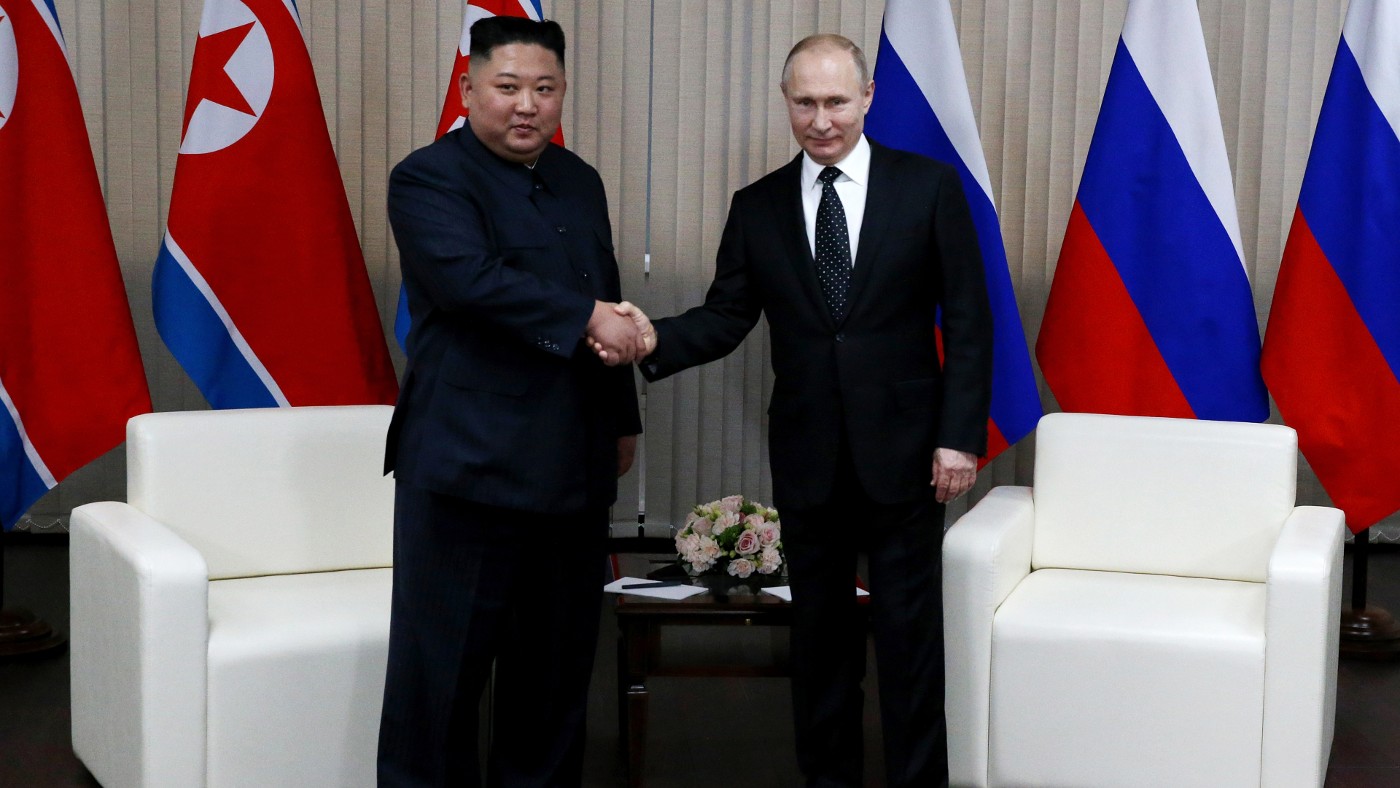 Would North Korean weapons tilt the war Russia’s way?
Would North Korean weapons tilt the war Russia’s way?Today's Big Question Putin wants to boost ‘depleted stocks’ but Pyongyang’s arms may be in poor condition
-
 Nobody seems surprised Wagner's Prigozhin died under suspicious circumstances
Nobody seems surprised Wagner's Prigozhin died under suspicious circumstancesSpeed Read
-
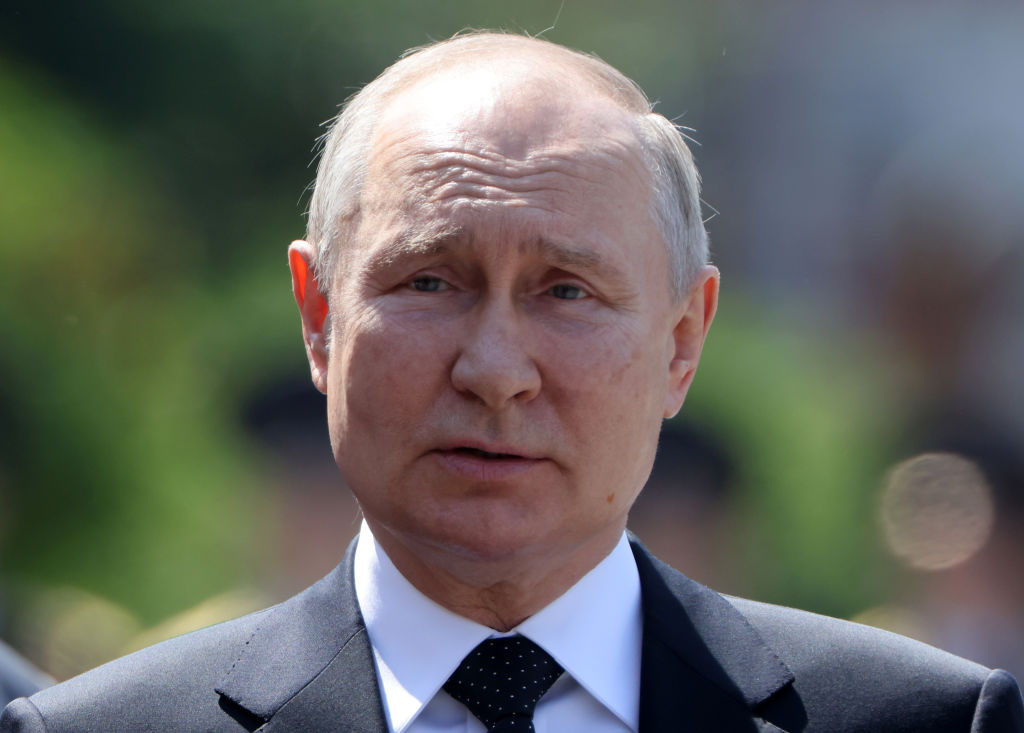 Putin's grip on power apparently damaged after Wagner mutiny
Putin's grip on power apparently damaged after Wagner mutinySpeed Read
-
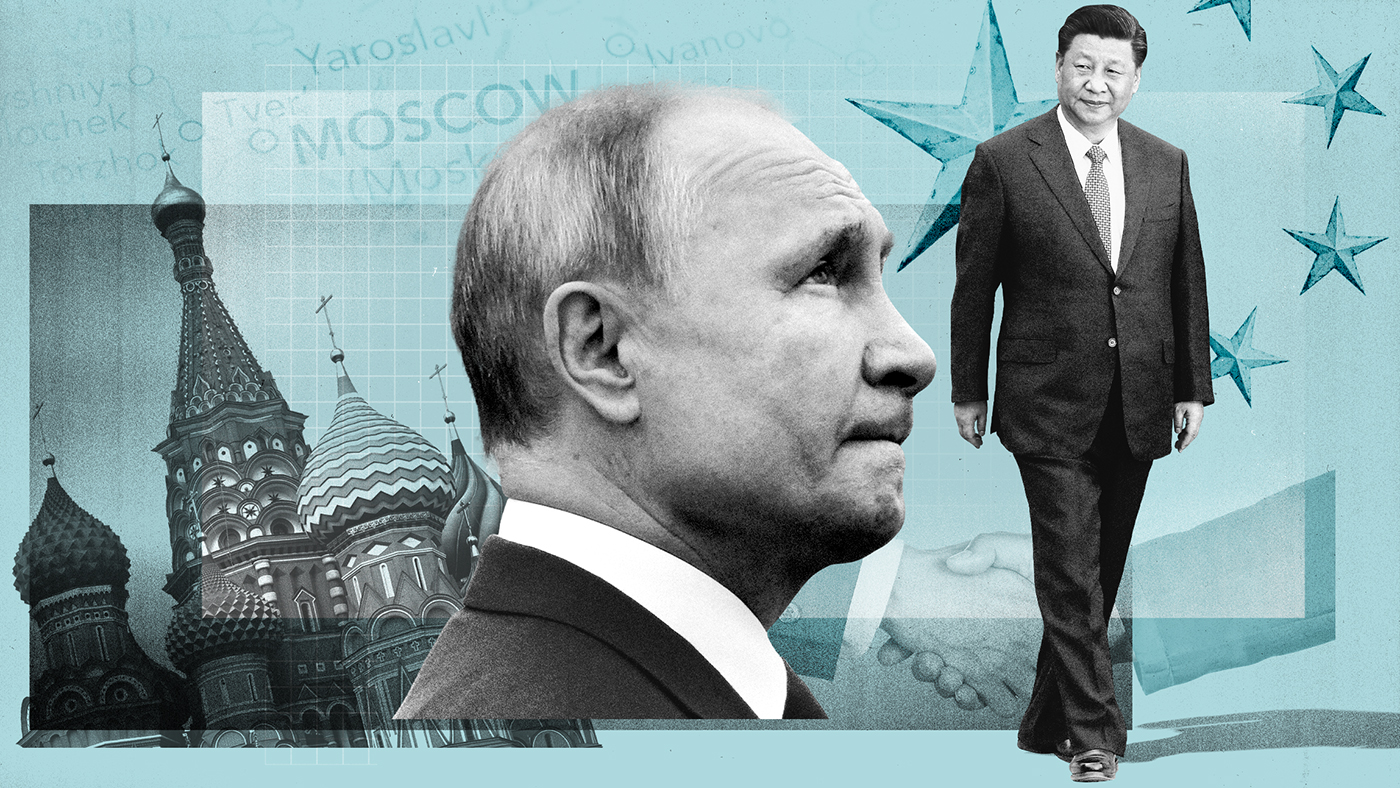 Is Russia a Chinese 'client state'?
Is Russia a Chinese 'client state'?Today's Big Question Reading between the lines of Xi and Putin's Moscow summit
-
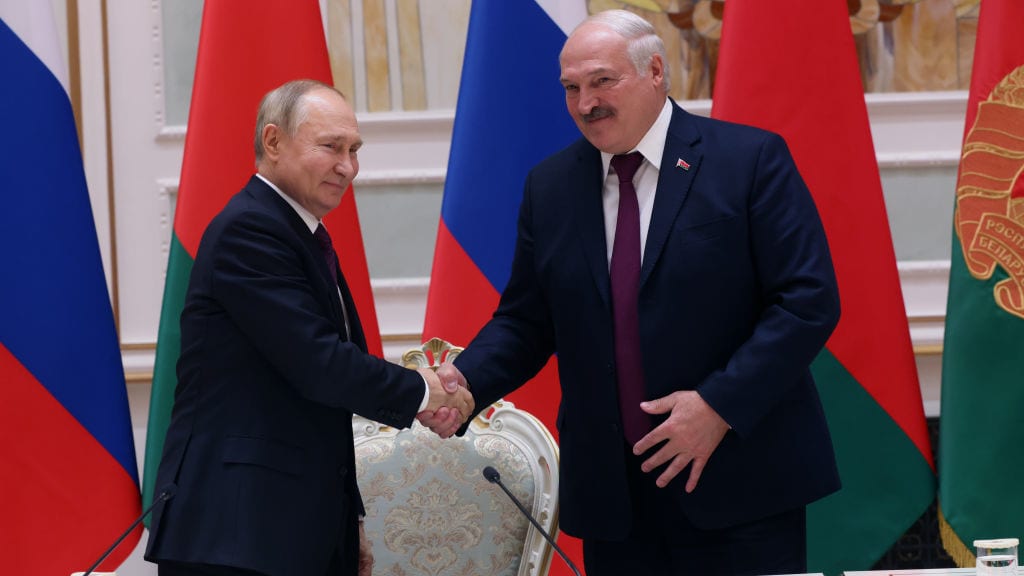 Putin, Lukashenko meet as Ukraine fears Moscow could launch offensive from Belarus
Putin, Lukashenko meet as Ukraine fears Moscow could launch offensive from BelarusSpeed Read
-
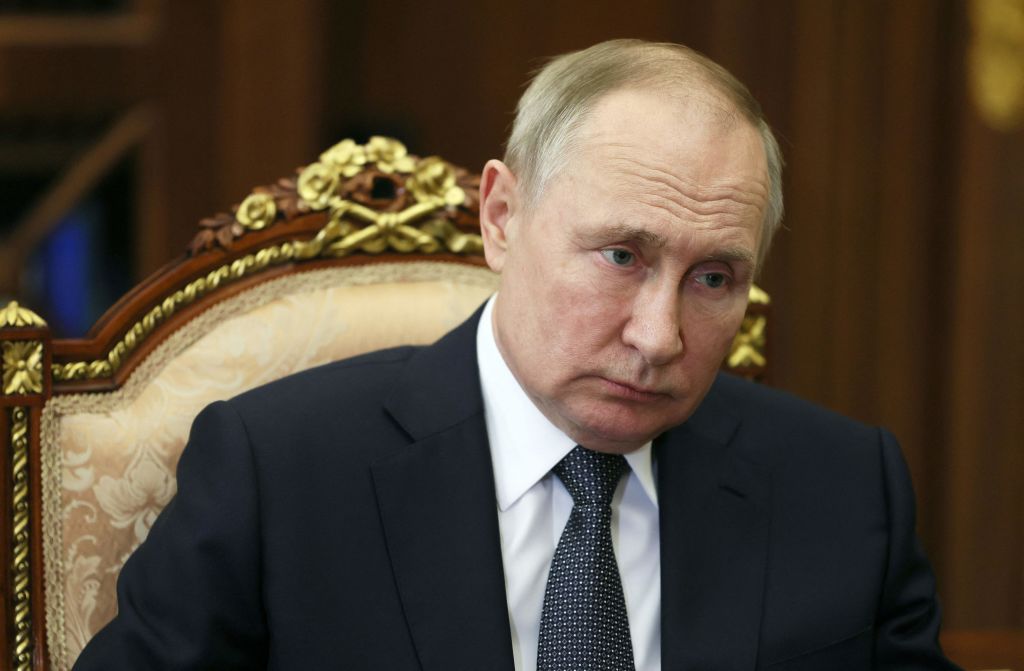 Vladimir Putin will skip annual year-end press conference for 1st time in a decade amid Ukraine setbacks
Vladimir Putin will skip annual year-end press conference for 1st time in a decade amid Ukraine setbacksSpeed Read
-
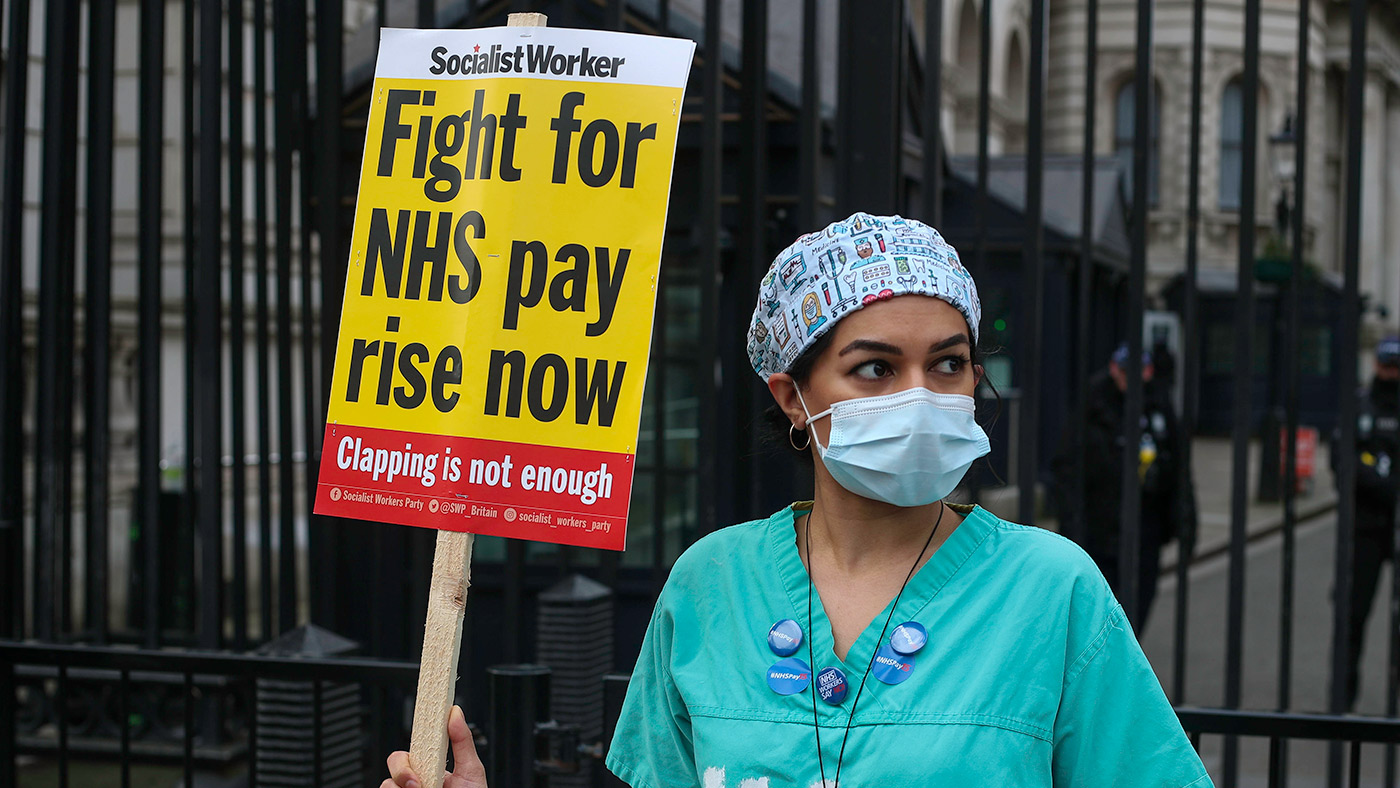 National nursing strike: should the patient ‘always come first’?
National nursing strike: should the patient ‘always come first’?Talking Point Recent YouGov poll found that 65% of public approves of strike action
-
 ‘The UK’s malaise will not end with the Prime Minister’s exit’
‘The UK’s malaise will not end with the Prime Minister’s exit’Instant Opinion Your digest of analysis from the British and international press